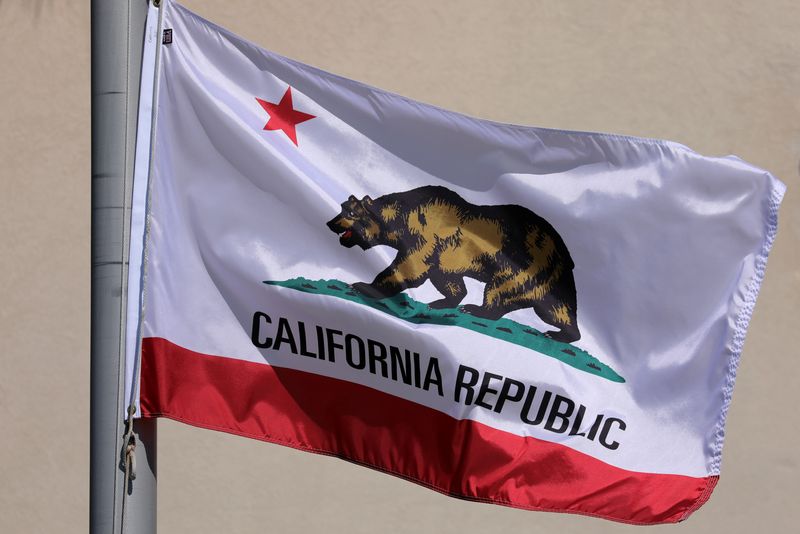California resort town of Palm Springs approves race reparations package

By Brad Brooks
(Reuters) -The Palm Springs city council on Thursday unanimously approved a $5.9 million reparations settlement with former residents of a largely Black neighborhood that was leveled in the 1960s for commercial development.
The city council also was set to approve another $21 million for housing and small business support aimed at the former residents and their descendants.
Former residents of the Section 14 neighborhood, which also included Latino families and other immigrants, have fought for decades to receive compensation for being pushed out of their neighborhood in the California resort town located about 70 miles (113 km) east of Los Angeles.
Palm Springs Mayor Jeffrey Bernstein, before casting his vote to approve the settlement, said he knew it was a mostly symbolic measure.
“The truth is we can’t right the wrongs in the past,” Bernstein said. “There is no amount of money that can make up for the loss.”
Pearl Devers, one of the former Section 14 residents, said “while no amount of money can fully restore what we lost, this agreement helps pave the way for us all to finally move forward.”
The advocacy group Section 14 Survivors said in a statement that the agreement acknowledges the city’s role in the destruction of a community that resulted in the loss of homes and personal property for hundreds of former residents and their descendants.
Upwards of 1,200 people will split the $5.9 million cash payment. After legal fees are paid, that would amount to approximately $4,000 per person, the city council said.
The city said in statements that the cash payment was being made “in exchange for written waivers/releases from over 1,200 former Section 14 residents and descendants.”
Last year, Los Angeles County spent $20 million to purchase a prime beachfront property from heirs of an African-American couple who were given back the land a century after local officials unjustly stripped it from them.
The settlement represents one of the rare times a city in the U.S. has approved a reparations package for residents pushed off land because of discriminatory practices.
Areva Martin, a civil rights attorney representing former residents, said that “this agreement demonstrates that it’s never too late to acknowledge past wrongs and take meaningful steps toward justice.”
(Reporting by Brad Brooks in Colorado; editing by Donna Bryson, David Gregorio and Kim Coghill)